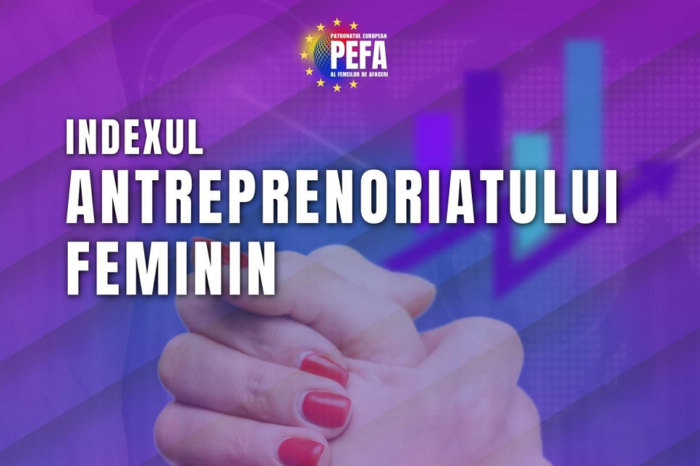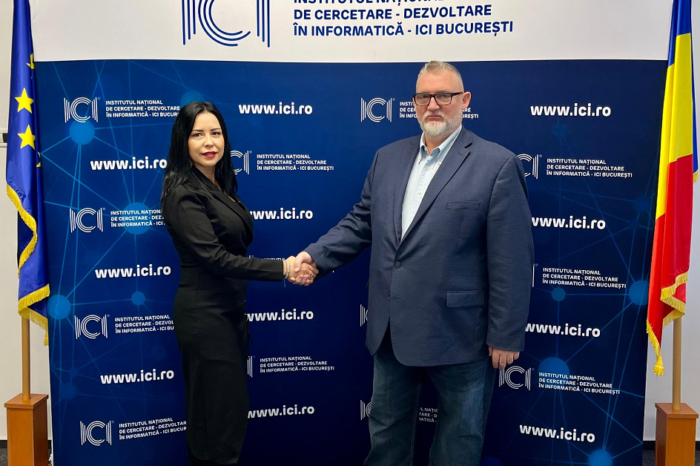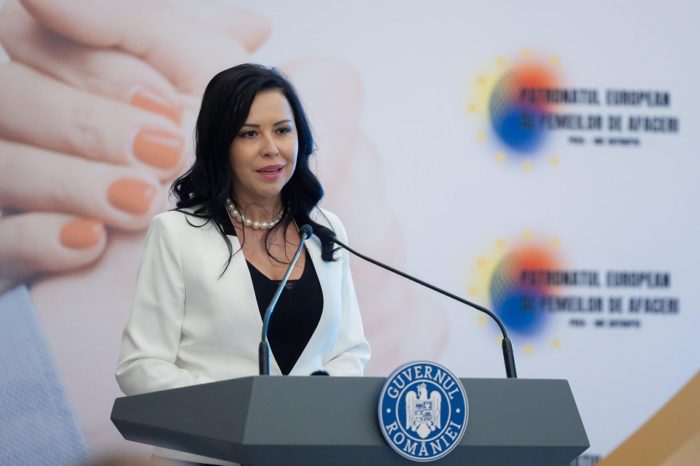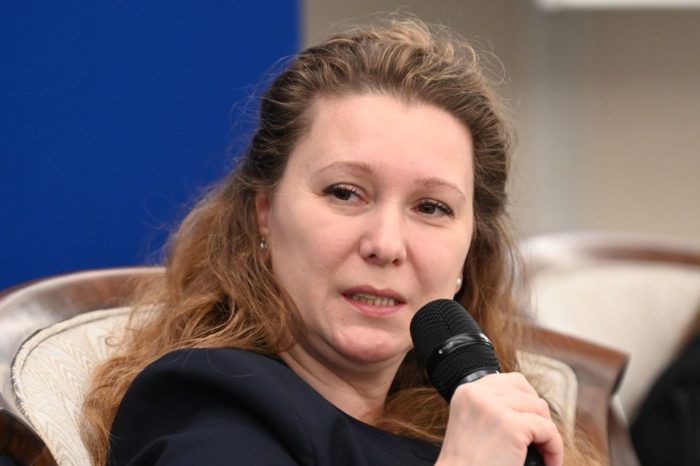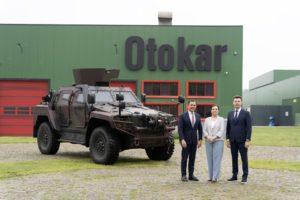PEFA: Economic Trends in 2025 | Adaptation and Innovation for Competitiveness
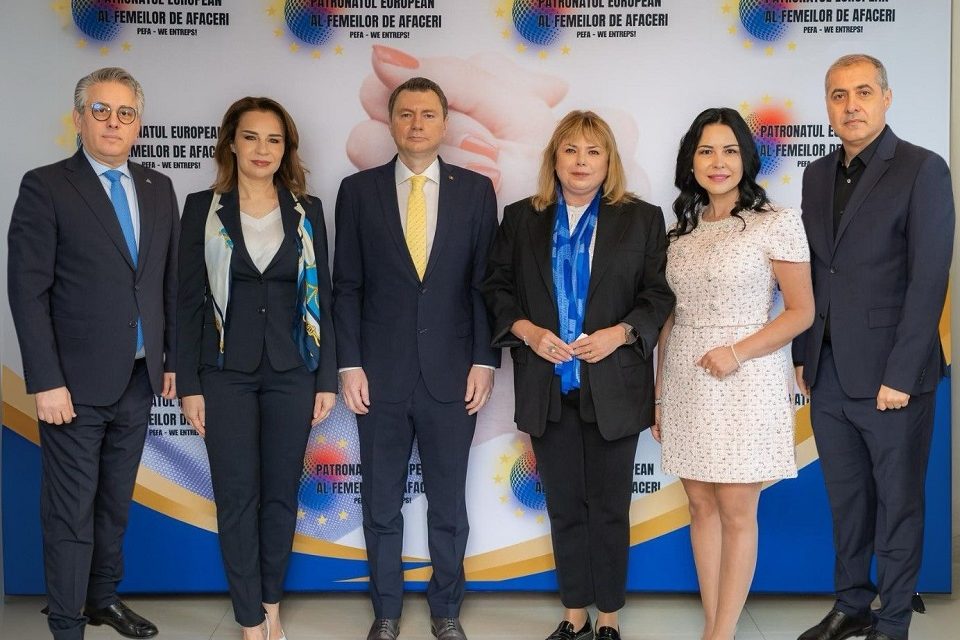
In a world in the midst of a technological revolution and in a global context marked by protectionist measures and the reconfiguration of supply chains, the business environment must adapt quickly to remain competitive. This was the main conclusion of the third edition of the Economic Trends conference, organized by the European Businesswomen’s Federation (PEFA).
Andreea Negru, President of PEFA, said: “We are in a moment of rethinking the economic order. Globalization has already started to change, and the multipolarization of the world is taking shape. The trends that the world economy is currently navigating must be analyzed without value judgments, as much as possible. We are talking about the redefinition of world trade, where taxes and customs tariffs force the major economic powers to redefine their own areas of development. We hear every day about the increase in defense spending and we understand that in order to have peace we must prepare for war and even more, we are talking about the artificial intelligence revolution”.
Economic challenges – prudence in public policies and efforts to benefit from the opportunities offered by European funds
From the NBR’s perspective, one of the developments that is being closely monitored, given the significant influence on economic forecasts and monetary policy conduct, is the attraction and use of European funds in full and on time. European funds are, in the current context, the decisive source of financing for major investments in the economy”, declared Cosmin Marinescu, Deputy Governor of the NBR, during the conference. He highlighted major economic risks, such as inflation, budget deficit and market volatility. Regarding the business environment, the Deputy Governor of the central bank stated that, unfortunately, companies in our country are too little innovative, citing the Innovative Scoreboard 2024, and, for this reason, they do not bring added value and are not competitive at a global level.
Lorena Stoian, First Vice President of PEFA, emphasized the importance of collaboration between the business environment and authorities to face economic challenges: “2025 is shaping up to be a dynamic and unpredictable year, in which flexibility, innovation, strategic partnerships and smart investments will be decisive for economic success. The Economic Trends 2025 Conference brings together central public authorities and leaders from various industries to discuss the essential directions of economic development and to identify opportunities for sustainable growth.”
Defense industry – the engine of the Romanian economy
Ștefan Radu Oprea, head of the Prime Minister’s Chancellery, highlighted the new strategy of the national defense industry, which can become an essential pillar of the economy. He argued that the adoption of a new law on industrial cooperation will stimulate domestic production and attract investments in the field. Present at the conference, Anca Dragu, governor of the National Bank of Moldova, highlighted the country’s progress in the area of digital payments. The Republic of Moldova has been accepted into the SEPA area, which will facilitate transactions in euros. In addition, the MIA instant payment system has become a success, with over 500,000 users. According to the governor of the NBM, over 65-70% of Moldova’s trade is oriented towards the European Union, and 30% towards Romania.
SMEs between technology and human resources
Florin Jianu, PSD senator and representative of SME Romania, noted that although small and medium-sized enterprises invest more in technology, employee training remains deficient. In this context, innovation financing must be prioritized to support the competitiveness of SMEs. Florin Jianu stated: “From the perspective of SMEs, we have observed a greater need, a desire and even a reality in terms of investments in new technologies. We have seen an increase of approximately 50% in SMEs investing in technology, in terms of innovation. At the same time, however, paradoxically, we have not seen this increase in terms of investments in human resources.”
Geopolitical impact on the Romanian economy – 0.8% of GDP, following the trade war triggered by Donald Trump
Alexandru Petrescu, the president of the Financial Supervisory Authority, stated that in the current geopolitical conditions, in which “the improbable becomes probable”, the authorities and the business environment must see what they can do together so that we continue to have a strong economy. “We are talking about unfortunate geopolitical circumstances, which can be combated by aligning with economic and military alliances. We are talking about the budget deficit, which can be reduced through better collection and by attracting foreign investments. We are talking about the trade deficit, which can be reduced through good investments, which can be achieved by absorbing European funds. And, in addition to these, we need the generalization of corporate governance and transparency”, said the president of the ASF.



